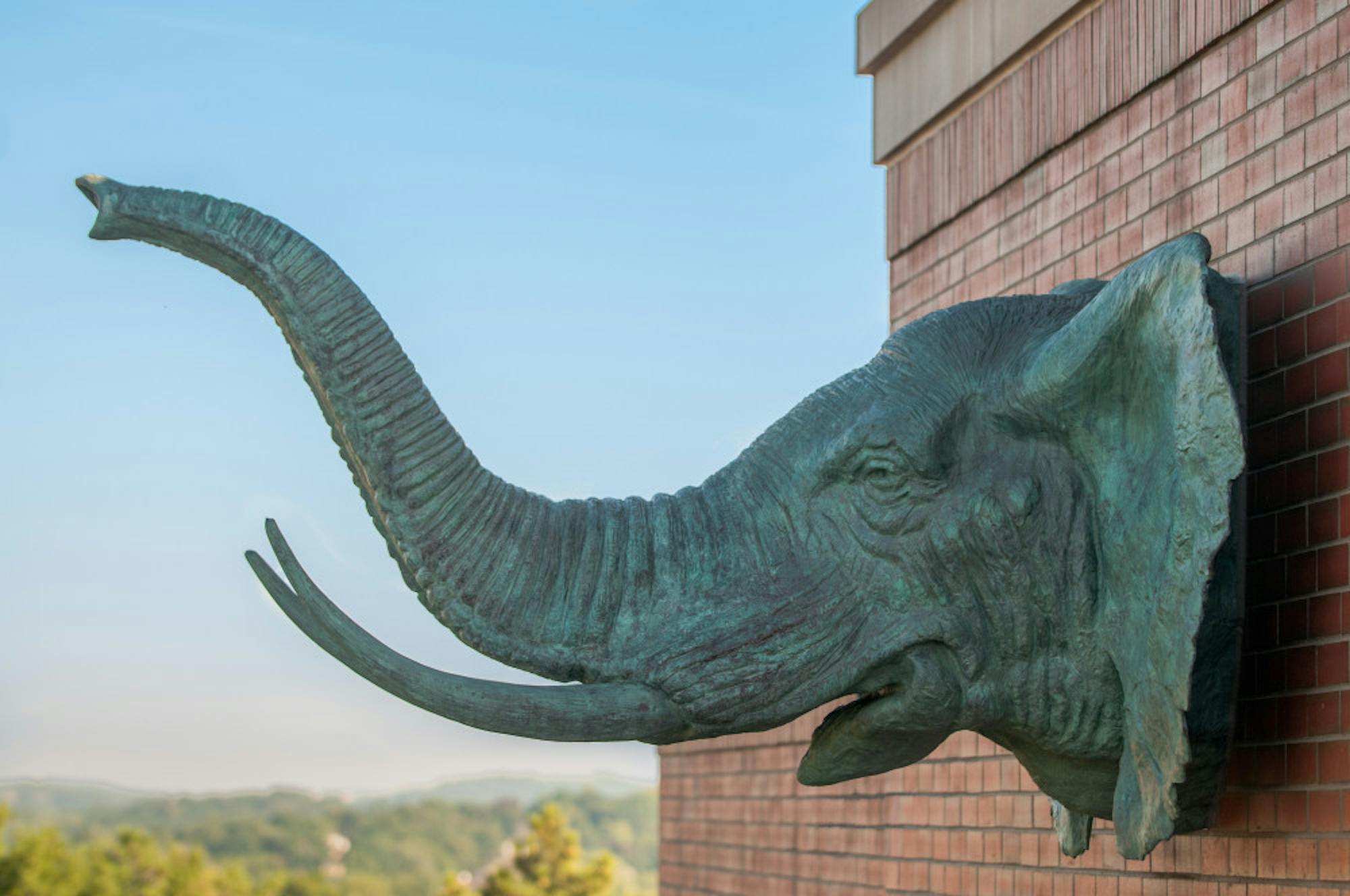As the current administration puts forth a plan to end the Deferred Action for Childhood Arrivals (DACA) program, we at The Fletcher School of Law and Diplomacy have an opportunity to ask ourselves where we stand regarding students with undocumented status and students with DACA status. To what extent are we inclusive to prospective students who are either living in the United States with temporary protection against deportation or without any documentation at all?
According to the admissions office, no students with undocumented or DACA status have ever enrolled at The Fletcher School. According to administrators, this is not due to an exclusionary policy; in fact, the Fletcher admissions process is open to everyone, regardless of status. The admissions office even provides one-on-one support to students with undocumented or DACA status who call in asking for guidance. Students with DACA status have applied to Fletcher in the past and been accepted. However, no students with undocumented or DACA status have ever enrolled. Why have students with undocumented status never enrolled? Is Fletcher doing enough to be inclusive?
- TheFletcherSchoolcaresaboutincludingstudents with undocumented status.
- IftheFletcher Schoolcaresabout students with undocumented status, thenthiscommitmentoughttobepresentedinconcretewaysinitsenrollmentandfinancialaidpolicies.
Many universities have taken action to not only accept students with undocumented and DACA status, but to make enrolling and attending their universities a realistic option. Tufts University, for example, decided in 2015 to accept students with undocumented status and provide them financial aid. As University President Anthony Monaco stated, this decision was “in keeping with Tufts’ long-held values of inclusion and access.” For Tufts to make this change, they needed to do more than change their admissions policies. They pledged financial aid packages specific to students with DACA and undocumented status, created a working group to encourage campus-wide support and admissions began to actively recruit students with DACA and undocumented status. As a result, Tufts has made great progress towards being a more inclusive university. By contrast, The Fletcher School is still at the stage of simply not having an exclusionary policy — which the numbers show, is not sufficient. If Fletcher students, faculty and staff care about the school being inclusive, actions must be taken to make enrollment realistic for students with DACA and undocumented status.
- NextSteps
Commitment: The second step for the Fletcher community could be to meet with Tufts University admissions and with the campus group Tufts United for Immigrant Justice, to explore how The Fletcher School can join Tufts University in its commitment to students with DACA and undocumented status.
Action: Following the Tufts model, Fletcher can set up a working group to explore how to build capacity to support students with DACA and undocumented status. The Fletcher administration can look into establishing scholarship funds specifically for domestic students with undocumented status, and the admissions office can make plans for more active outreach and recruitment.
Yours, Sasha Lipton Galbraith






